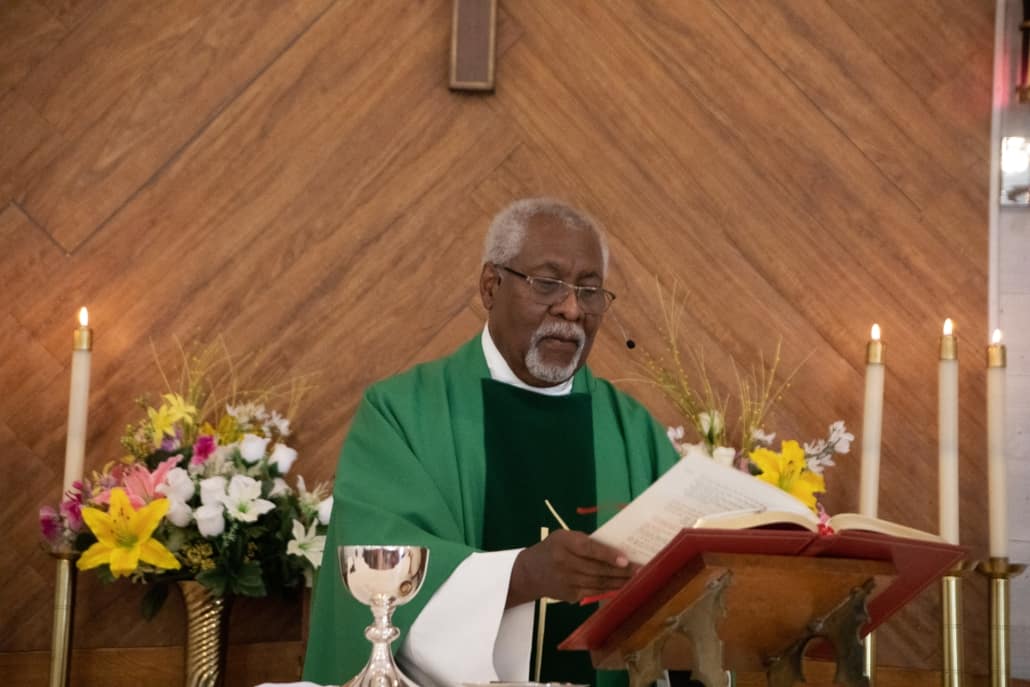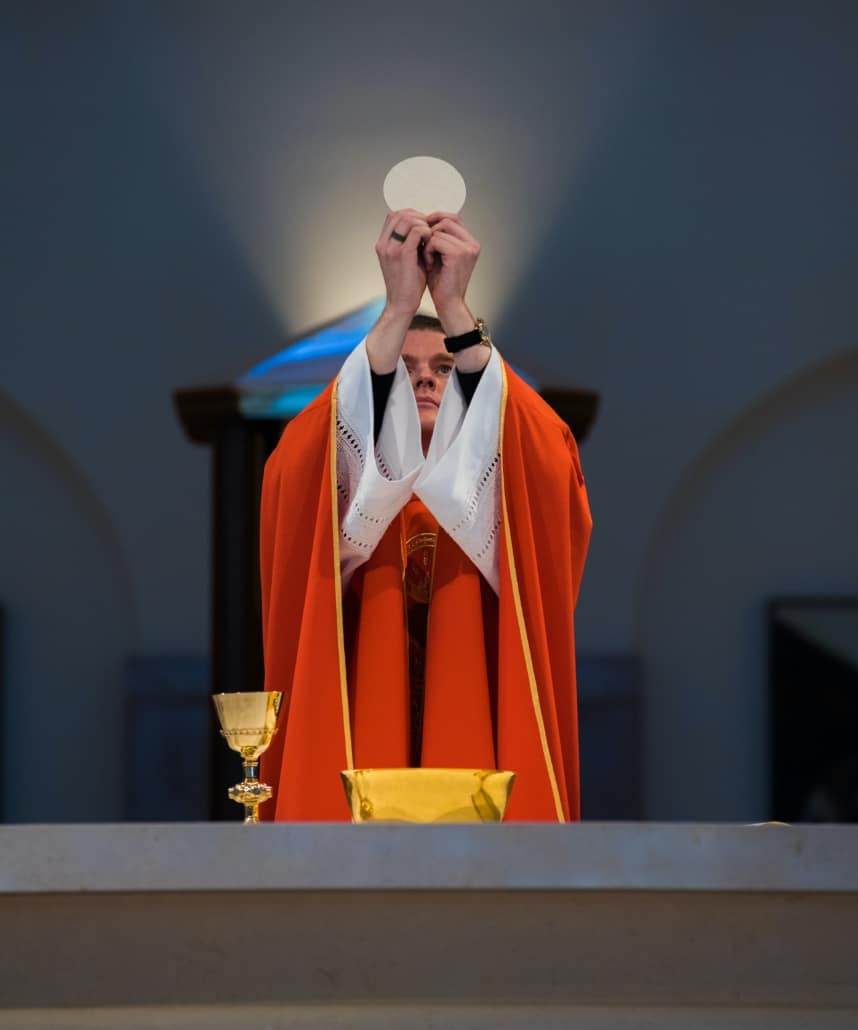|
Getting your Trinity Audio player ready...
|
Someone Who Knows “How to Be” with a Family
This blog has been a long time coming.
When speaking with people about my back story, I often bring up my grandmother’s career suggestion to me, but I’m pretty sure I’ve only written about it here once, and that was almost five years ago.
See: Limits to your Sphere of Influence
Over the years, I’ve come across other connections between my work with families and that of the clergy, and most of them have been left in the recesses of my mind.
But a recent Zoom call with a new LinkedIn connection brought this to the forefront once again, so here goes.
“A Priest and a Rabbi Walk into a Family Meeting”
It wasn’t easy to find the proper title for this post, and the sub-head above that sounds like the set-up to a joke was near the top, but was a bit too long.
Let’s begin with my maternal grandmother, who lived with our family for much of my childhood, and what she saw in me.
Note that my career had been laid out for me from a young age by my father, who had started a business before I was born, and was waiting for a male heir, which he finally got on the third and final try.
Oma, for her part, told me a few times that she thought I should become a priest.
My response was to laugh this off as preposterous. Little did I know what lay ahead for me.
Using Trained, Neutral Outsiders for Support
As I began to work with families, concentrating on the “family circle” and facilitating discussions among various family members, I was constantly searching for ways to learn how to do this work better.
I recall seeing a video on the website of the then Business Families Foundation, featuring none other than John A. Davis, of Three-Circle Model fame, in which he shared the following:
“This is the work that used to be done by priests and rabbis”
I began to wonder if my grandmother had me pegged better than my Dad did!
The idea of having someone from outside the family, who could be neutral and who was trained in “how to be” even more than “what to do”, made lots of sense to me.
Learning Bowen Family Systems Theory
Long time readers know that I’ve been a student of Murray Bowen’s Family Systems Theory (BFST) for years, and I even wrote a book about that learning journey.
It was during the two years that I was part of the Postgraduate program at the Bowen Center at Georgetown that this clergy angle really hit me.
Those who study BFST come from a few different fields, notably social workers and therapists of various kinds.
The people like me, who mostly work with families around wealth transitions, made up well under 10 % of the students during my time there.
One of the larger subgroups comprised the many ministers, rabbis, chaplains and pastors of all sorts.
Perhaps my late grandmother had seen something in me after all…
The Power of LinkedIn (When Used Right)
I’ve sung the praises of LinkedIn for years, and while not perfect, it stands head and shoulders above every other social media platform for professional interactions and relationship building.
A young man who just entered this field reached out to connect with me recently, and I instantly accepted his request.
He’s a CPA, and just joined an accounting firm to work with their potential family office clients. This is unremarkable so far, but please hang on.
He shared a note with me mentioning that he used to be a church pastor, before becoming an accountant.
Hmmmm, I thought, isn’t that interesting.
Being “In the Room” During Anxious Times
We set up a Zoom call to satisfy my curiosity about his unusual career trajectory, and some of what he shared with me drives home an important point.
First off, kudos to the accounting firm for recognizing that this man has some useful traits and experience that will certainly come in handy.
My new friend related stories from earlier in his career, when he was a hospital chaplain, which clearly illustrates a point I’ve since shared with many people in discussion.
He talked about being called into a hospital room with a dying man surrounded by his family.
How to BE > What to DO
If you can be comfortable (and comforting!) in situations like that, I think you’ll do just fine running a family meeting.





